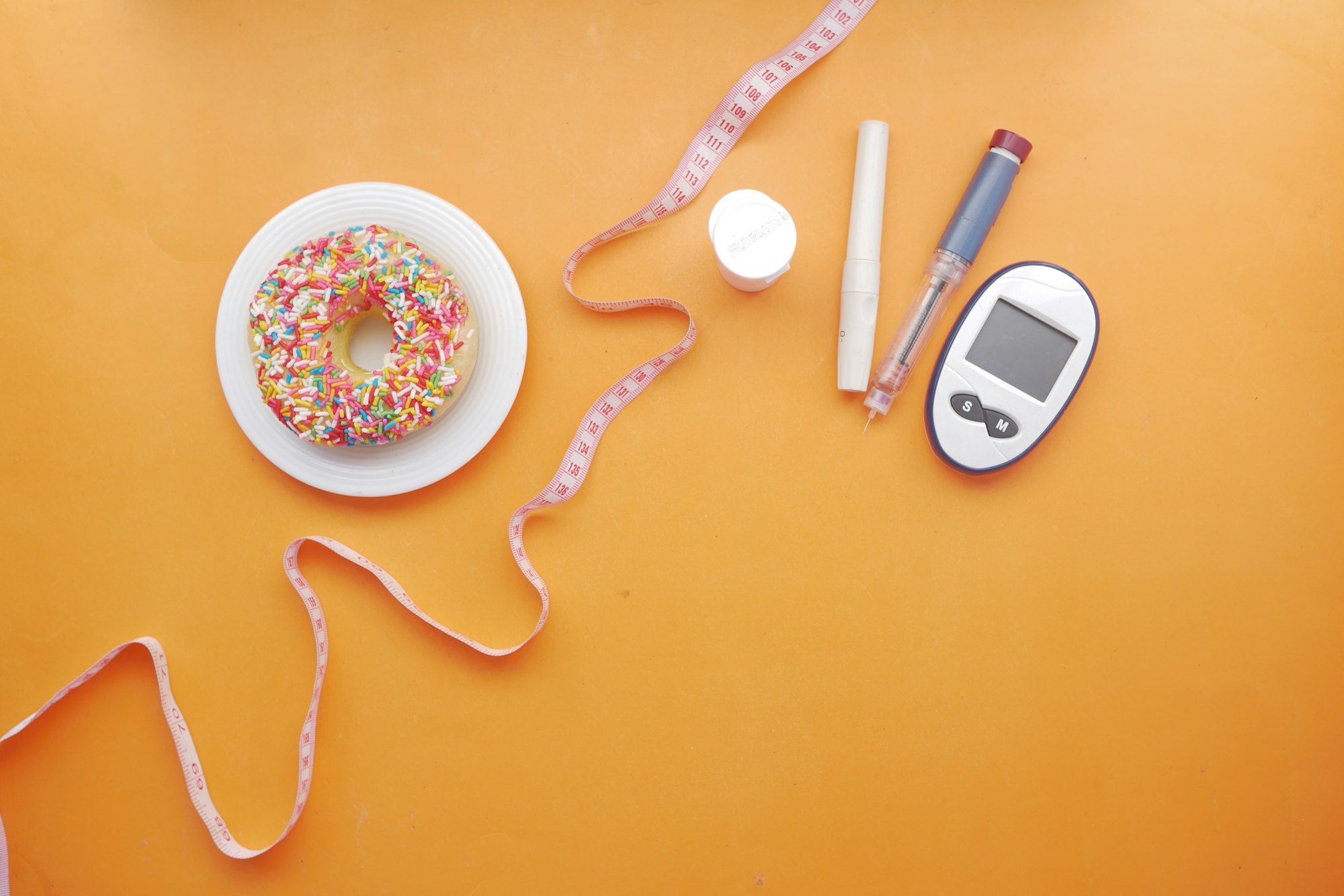Have you ever wondered if those occasional bouts of fatigue or that extra thirst could mean something more? Spotting pre-diabetes early might just save your life. Pre-diabetes is a condition that often flies under the radar, but catching it early can make a world of difference. By recognizing the symptoms and getting tested, you can take control of your health and prevent the progression to type 2 diabetes.
Let’s dive into what pre-diabetes is, how to spot the symptoms, and the steps you can take to stay ahead of the game.
What Is Pre-Diabetes?
Pre-diabetes is when blood sugar levels are higher than normal but not yet high enough to be classified as type 2 diabetes. Think of it as a warning sign that your body is struggling to manage glucose levels. Without intervention, it can progress to type 2 diabetes, bringing additional health complications.
Common Symptoms of Pre-Diabetes
Spotting the symptoms early is key:
Increased Thirst and Frequent Urination: Your body works overtime to flush out excess glucose, making you run to the bathroom more often.
Fatigue: Feeling wiped out even after a good night’s sleep? It might be a clue.
Blurred Vision: High blood sugar can swell up your eye lenses, blurring your view.
Slow-Healing Sores or Frequent Infections: Struggling with wounds that just won’t heal or infections popping up often? Pay attention.
Unexplained Weight Loss or Gain: Notice your weight fluctuating without a clear reason? It could be your body’s inefficient glucose use.
Risk Factors
Certain factors increase your risk of developing pre-diabetes:
Age: The risk goes up once you’re over 45.
Family History of Diabetes: Genetics play a big role.
Being Overweight or Obese: Carrying extra weight, especially around the belly, raises the risk.
Lack of Physical Activity: Not being active enough can lead to insulin resistance.
History of Gestational Diabetes: Women who had gestational diabetes are more likely to develop it later.
Polycystic Ovary Syndrome (PCOS): Affects hormonal balance and insulin sensitivity.
Ethnic Background: Higher risk for African-Americans, Hispanics, Native Americans, and Pacific Islanders.
Testing for Pre-Diabetes
Don’t underestimate regular check-ups and screenings – they’re key for staying healthy and catching potential issues early:
A1C Test: Measures average blood sugar levels over the past 2-3 months. Levels between 5.7% and 6.4% are a sign.
Fasting Plasma Glucose Test: Blood sugar levels between 100 and 125 mg/dL after fasting may signal it.
Oral Glucose Tolerance Test: A reading between 140 and 199 mg/dL after consuming a sugary drink suggests pre-diabetes.
What to Do If You Suspect You Have Pre-Diabetes
Do you suspect you have pre-diabetes? Here’s what to do next:
- Book an appointment with your healthcare provider as soon as possible.
- Chat about symptoms and risk factors openly.
- Get ready for testing to confirm pre-diabetes.
Managing Pre-Diabetes
Healthcare providers often recommend managing pre-diabetes through lifestyle changes and at times medications:
Lifestyle Changes: Try eating a balanced diet filled with fruits, veggies, lean proteins, and whole grains. Regular exercise can help manage weight and boost insulin sensitivity.
Regular Monitoring of blood sugar levels are super important.
Potential Medication Options might be prescribed in some cases.
Conclusion
Understanding and spotting pre-diabetes early is a powerful step toward safeguarding your health. By staying informed about the symptoms and taking proactive measures, you can significantly reduce your risk of developing type 2 diabetes.
Remember, it doesn’t have to lead to diabetes—lifestyle changes and regular monitoring can make all the difference. Share this knowledge with your loved ones, encourage them to be aware of their health, and together, we can build a community that is well-informed and proactive in the fight against diabetes.







